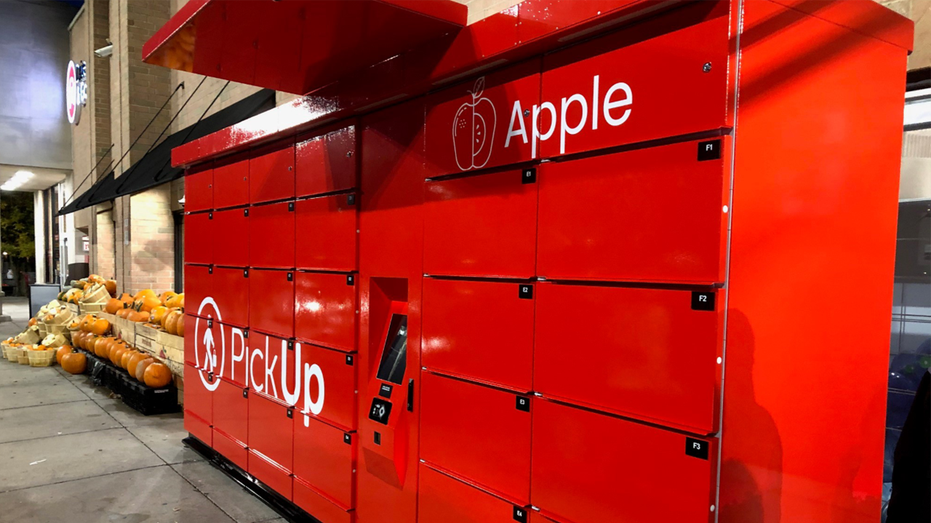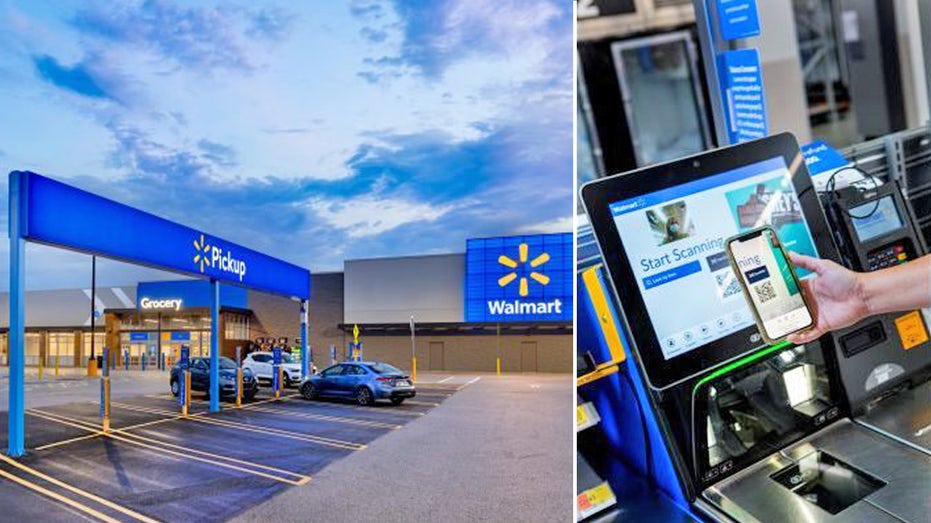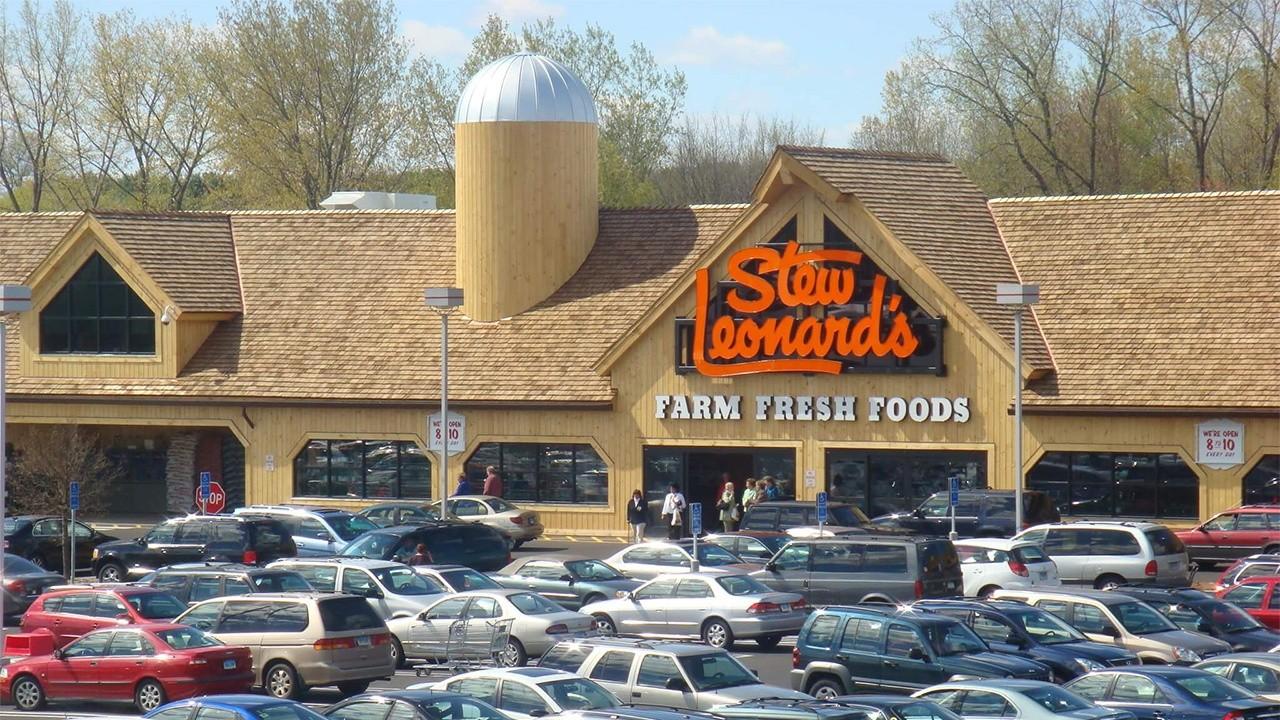Coronavirus makes contactless shopping the new norm at grocery stores, restaurants
About 71% of those surveyed said digital transformation is more important to business than anything else
Droves of businesses are seamlessly integrating digital, mobile and physical food shopping experiences as virus-weary shoppers continue to lean on services such as online ordering, pickup and delivery.
Amid the unprecedented shopping climate created by the coronavirus, the ability to pivot to the changing consumer behavior "has become essential to business success," according to the Panasonic North America Food Services and Food Retail Report, citing recent survey findings.
ALBERTSONS TESTING OUT SELF-SERVE PICKUP LOCKERS FOR ONLINE ORDERS
One hundred percent of survey respondents identified business agility as the key to success amid COVID-19, the organization said. About 71% of food services and food retail organizations said digital transformation is the most important key to business agility than anything else.
In order to handle this shift, 11% of organizations have adopted the use of food lockers on a "widespread basis" while 68% are doing so on a limited basis.

(Albertsons Companies)
Meanwhile, 15% are piloting it. One of them, Albertsons Companies, announced in October that it was ramping up its e-commerce options with self-serve pickup lockers. The company first issued the temperature-controlled locker being tested in select markets with the hopes of it being added to its customer offerings across the country.
Just under 50% said they have adopted the use of facial recognition kiosks while 35% said they are piloting the technology.
RITE AID PUT FACIAL RECOGNITION TECH IN 200 US STORES
Just under 20% are adopting vehicle/license plate recognition on a limited basis while 35% are piloting it.
Earlier this year, priorities were focused on consumer and employee retention, with only 21% saying digital transformation was a top priority, according to the findings.
Now, the picture has shifted drastically. However, many are latching on to the trend very quickly with plans to completely integrate its digital and in-person shopping as early as next year.

(Walmart)
Walmart already announced it would be optimizing its stores with redesigned aisles, self-checkout kiosks and app-aided directories to mirror its online shopping experience in real life – and to get more customers to download its app.
“Many view this as an opportunity to redefine their model and their value proposition for the consumer in order to survive and thrive over the next couple of years," said Eric Symon, director of the Enterprise Process Innovation Center at Panasonic.
As a result, they are investing heavily in new technology to enable that new business model, according to Symon, who noted that this also applies to both restaurants and retailers.
US FOODS OFFERS PLAYBOOK FOR 'GHOST KITCHEN' STARTUPS
“For instance, you might have a buffet-style restaurant knowing they won’t be able to operate regularly in that business model going forward, so they’re looking to change to a pick-up and delivery model," Symon said.
For instance, P.F. Chang’s said it was expanding its off-premise locations into the New York market to stay competitive in a suffering industry.
For some, the changes felt instant.
GET FOX BUSINESS ON THE GO BY CLICKING HERE
“Overnight, everything is turned on its head,” Francie Jenks, a business development leader at Hussmann, a Panasonic company, said in a statement. “The way we have been doing business for years has completely changed – the way that customers want to shop, what they want to buy.”
Overall, consumers are seeing more aggressive adoption of "disruptive technologies, particularly in areas that advance health and safety and consumer convenience," the Panasonic survey revealed.
For its findings, the group surveyed food services and food retail decision-makers as well as grocers, retailers and restaurants throughout North America during a two-week span in August.




















